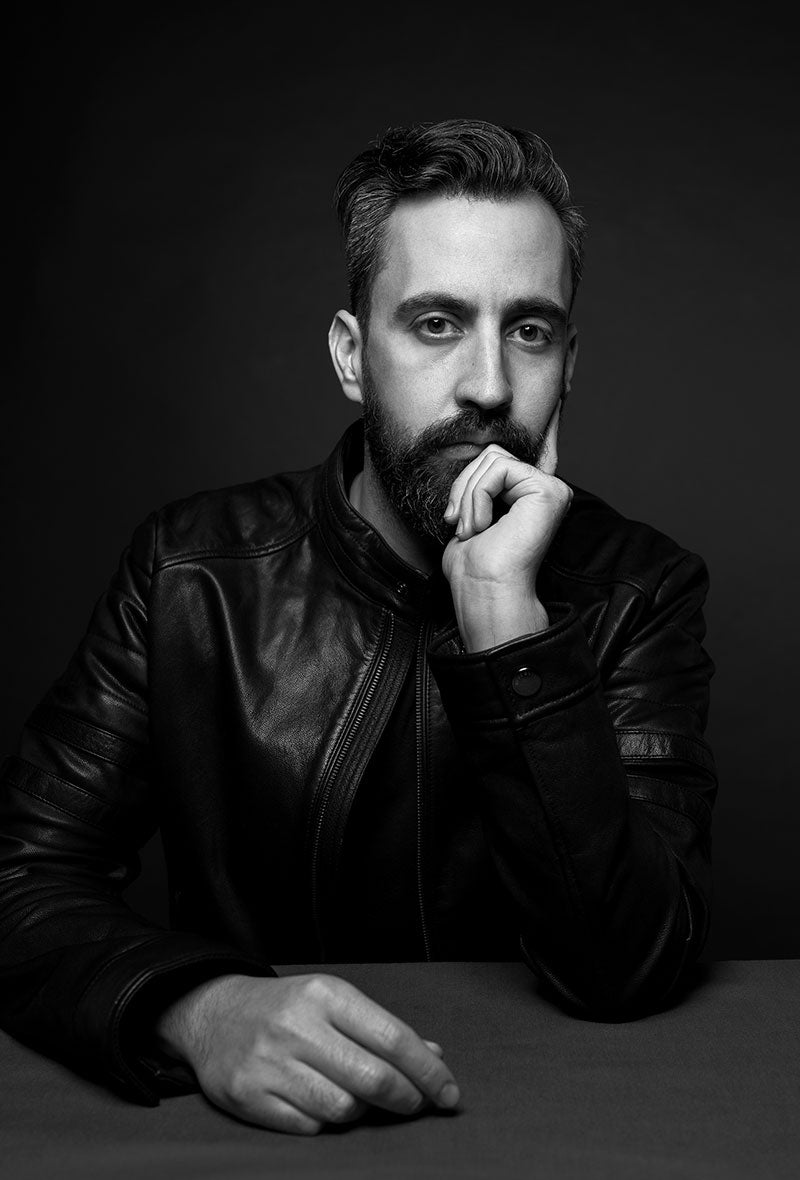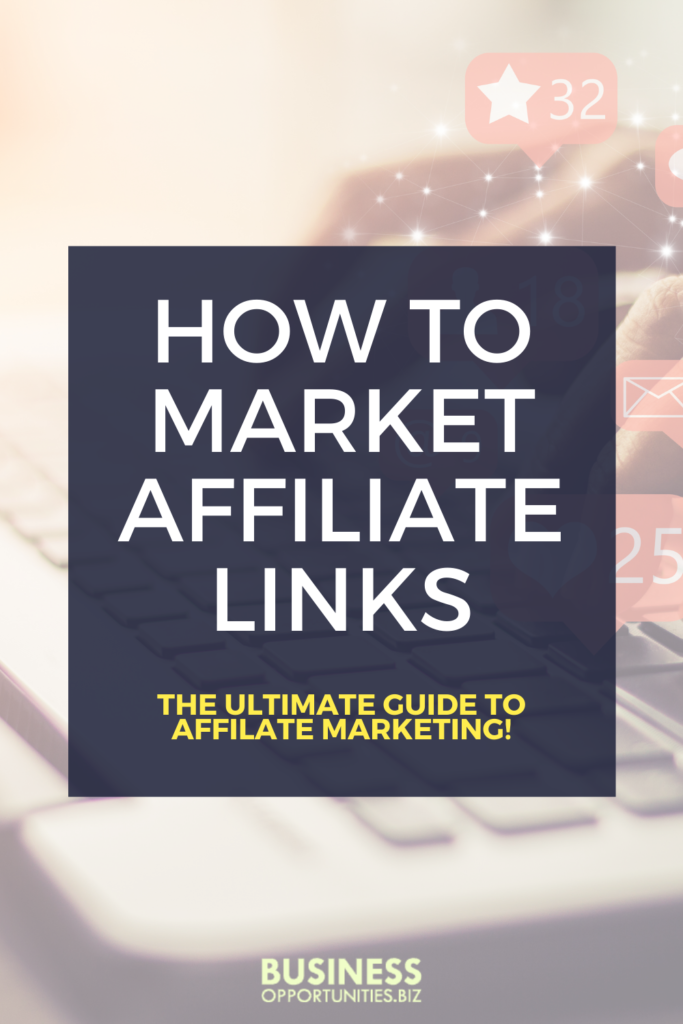[ad_1]
Featured image by Ben Rosett on Unsplash
Elijah Norton, president of Veritas Global Protection Services, shares his views on what he believes keeps customers coming back to his business.
RELATED ARTICLE: 5 REASONS WHY YOU SHOULD START A NEW BUSINESS IN 2021
Today, every entrepreneur must employ effective strategies if they want to thrive in business. It is only through innovation and unique approaches that top companies like Veritas Global Protection have maintained a steady flow of customers despite stiff competition. Elijah Norton, the president of Veritas Global Protection Services, reveals the company’s secrets. He shares that by developing innovative products, offering competitive rates, and delivering high-quality customer service the company has kept customers coming back.
Elijah Norton Keeps the Focus on Unique Products and Top-Notch Customer Service
Elijah Norton of Veritas Global Protection emphasizes that creating unique products is key. This factor can see a business generate a huge amount of revenue. In fact, this is an important piece that has contributed to the success of Veritas Global Protection.
Given recent technological advances, customers’ needs continue to change. However, companies that following the trends are the ones that succeed.
Norton also understands that a business cannot succeed in a single day. There are many factors that come into play before a business can hit all its goals. For instance, Elijah Norton believes that the key to the success of Veritas Global Protection is that they are responsive to customer feedback.
Norton Believes in Playing the Long Game

In an interview with DotCom Magazine, the visionary entrepreneur stated that it takes time for a business to grow. In fact, it could take five years or even longer. His first business, he said, took three years to become successful.
Therefore, he recognizes the need for patience for any entrepreneur. Especially in challenging situations, Elijah Norton encourages other entrepreneurs to remain strong and believe in their business idea. By remaining focused, he says, they will find solutions to their problems.
At the same time, the business environment is changing rapidly. Therefore, Elijah Norton of Veritas Global Protection advises investors to regularly monitor market trends. They must remain alert to the competition to ensure that their business expands accordingly. Norton also believes that each new day comes with its own challenges. Therefore, every morning he wakes up determined to make a difference. There is no doubt that this mindset has motivated this influential leader to find solutions for his business in difficult times.
Elijah Norton Invests in Employees
If an entrepreneur wants to become a great leader, Elijah Norton of Veritas Global Protection says they must understand their employees. They must learn how to manage their team. He believes that competent leaders know how to maintain good professional relationships. Still, customers are an integral part of an outstanding business, and Norton emphasizes that without customers there is no business. Similarly, he says, technology can help a business, as it enables an organization to better serve its customers.
However, technology has both positive and negative aspects. Elijah Norton of Veritas Global Protection advises business owners that technological changes can breed chaos if they are allowed to proliferate too quickly. He therefore urges business leaders restore sanity in competitive business environments where this has been allowed to occur.
To this end, every business owner must invest in a great team. People who are ready to work hard while embracing diversity and other important community values are critical to the success of any business.
Norton’s hiring philosophy revolves around recruiting people who are ready to perform. In fact, Mr. Norton insists the way a business starts matters a lot. Therefore, he believes that hiring the right people during the initial stages of the business is essential. With the right people at work, everything will run smoothly and the business will be successful.
RELATED ARTICLE: WHAT TO LOOK FOR WHEN HIRING FOR YOUR FINANCE DEPARTMENT
About Veritas Global Protection
Veritas Global Protection, led by Elijah Norton, is a world-leading company specializing in automotive finance and insurance. The company strives to satisfy its clients by providing quality vehicle service contracts and vehicle protection products. Additionally, they offer GAP protection and F&I products to dealerships across America, Chile, Canada, and the European Union.
[ad_2]
Source link






 Image: Courtesy Mercedes-Benz
Image: Courtesy Mercedes-Benz

